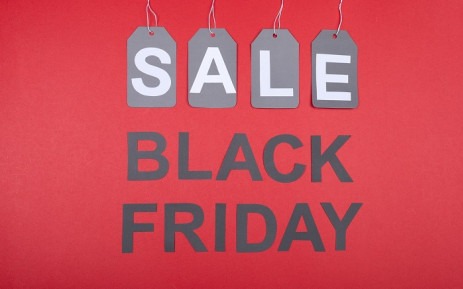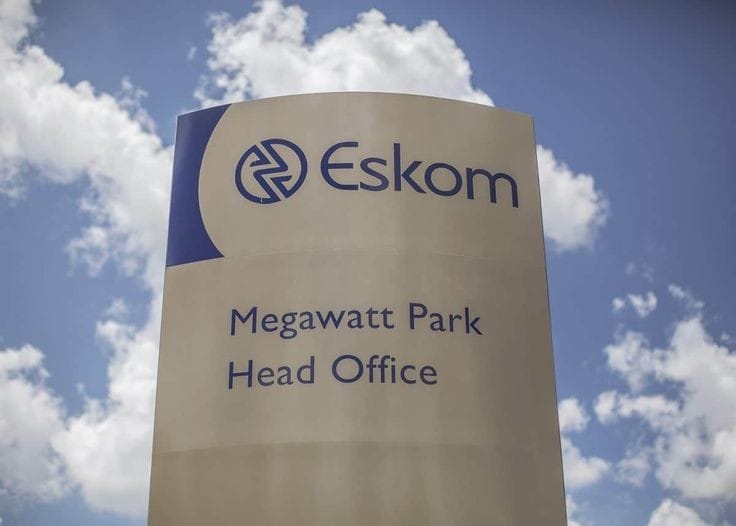The retail sector is bracing for a pivotal moment as the annual holiday shopping extravaganza unfolds in 2023. With the much-anticipated “Black Friday” followed closely by “Cyber Monday,” retailers are deploying an arsenal of strategies to entice consumers into festive purchases. This year, however, the landscape is tinged with economic unease, despite favorable unemployment rates.
The specters of inflation and the lingering impact of the COVID-19 pandemic are casting shadows over consumer confidence. Amid this backdrop, stores are gearing up for what is expected to be a record-breaking shopping weekend, marked by deep discounts and a hyper-competitive market. This article delves into the intricacies of the 2023 holiday shopping season, exploring the factors shaping consumer behavior, the evolving dynamics of Black Friday, and the economic challenges and opportunities faced by retailers.
Economic Context and Retailer Strategies:
The economic climate is a significant player in the holiday shopping arena, with concerns lingering over inflation and the enduring effects of the pandemic. Despite unemployment rates remaining relatively low, retailers are compelled to respond to consumer wariness by offering substantial markdowns. The heightened competition in the market has led to a trend of retailers launching Black Friday promotions earlier than ever, with October becoming a battleground for enticing deals. This strategy aims to capture the attention of consumers inundated with digital offers, creating a longer shopping window and intensifying the competition among retailers.
Changing Dynamics of Black Friday:
While Black Friday remains a linchpin in the holiday shopping tradition, its dynamics are evolving. The article highlights the shift from a single-day shopping frenzy to a prolonged period of deals and promotions. Retailers are adapting to changing consumer behaviors, recognizing that shoppers are no longer willing to confine their purchasing decisions to a single day. The extended period of discounts serves as a testament to the evolving nature of consumer expectations and the necessity for retailers to be agile in their approaches.
Consumer Behavior and Retail Forecasts:
Forecasts predict robust consumer traffic during the holiday shopping weekend, with the National Retail Federation (NRF) projecting more than 182 million consumers participating in both in-store and online shopping. This anticipated turnout, surpassing the previous year’s record by 16 million, underscores the resilience of consumer interest despite economic uncertainties. However, consumer behavior is expected to shift towards more selective and cautious spending. Randy Allen, a senior lecturer at Cornell University’s SC Johnson College of Business, notes that while consumers may not sit out, they are likely to spend less. This shift in behavior prompts retailers to strategically target discounts, focusing on specific items rather than adopting a broad promotional approach.
Hot Holiday Items and Inflation Impact:
The article identifies popular items for the holiday season, ranging from traditional favorites like Lego, Hot Wheels, and Barbie to high-tech gadgets such as game consoles, Meta Quest 3, and the latest iPhones and tablets. However, the specter of inflation continues to influence consumer decisions. Shoppers, mindful of rising costs for groceries and staples, are inclined to make purchases only when items are on sale. This trend poses a challenge for retailers, as consumers become more discerning in their buying habits.
Economic Factors Impacting Sales:
The broader economic landscape contributes to the complexities of holiday shopping in 2023. While unemployment remains under four percent, concerns about a potential recession persist. Economic pundits have repeatedly praised the resilience of U.S. consumers, but vulnerabilities are evident, particularly in high-paying industries like consulting, banking, and technology. Recent layoffs and modest bonuses in these sectors raise concerns about their potential impact on consumer spending. Additionally, higher interest costs due to increased interest rates, reduced excess cash from pandemic relief programs, and the resumption of student loan interest payments further contribute to the nuanced economic factors influencing holiday sales.
Holiday Sales Projections and Retailer Concerns:
The National Retail Federation projects holiday sales growth between three and four percent, signaling a return to the pre-pandemic trend of more modest increases. However, retailers are navigating a terrain marked by uncertainties. The combination of inflation, higher interest costs, and cautious consumer spending poses challenges to achieving optimistic sales projections. Neil Saunders, managing director of GlobalData, notes that retailers are carefully targeting discounts to specific items, recognizing that consumers are focused on purchasing items they truly want and need, rather than succumbing to impulse buying.
As the holiday shopping season unfolds in 2023, the retail sector finds itself at a crossroads of challenges and opportunities. Economic uncertainties, marked by inflation and the aftermath of the COVID-19 pandemic, shape consumer behavior and retailer strategies. The evolving dynamics of Black Friday, characterized by extended promotional periods, reflect a shift in consumer expectations. Retailers are grappling with the delicate balance of offering attractive discounts while navigating economic factors such as higher interest costs and recent layoffs in specific industries. The holiday sales projections, while optimistic, are accompanied by a sense of caution as retailers carefully tailor their strategies to cater to the discerning and selective nature of today’s consumers. As the shopping weekend unfolds, the resilience of U.S. consumers and the adaptability of retailers will be tested in this dynamic and complex retail landscape.









